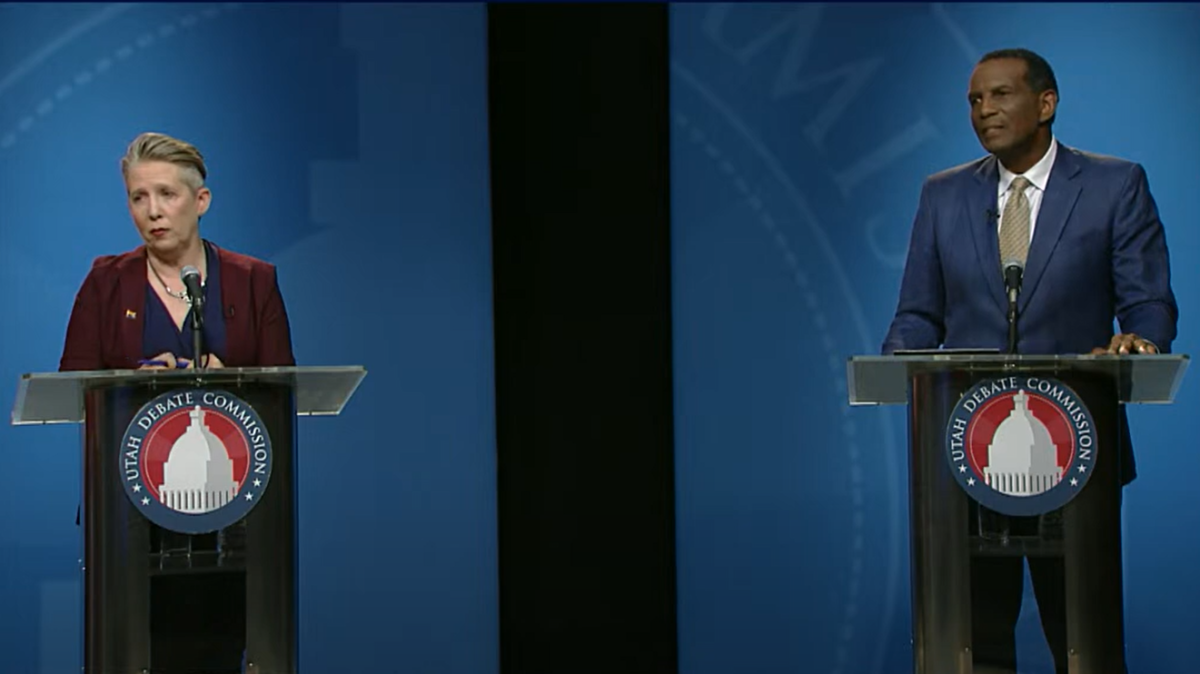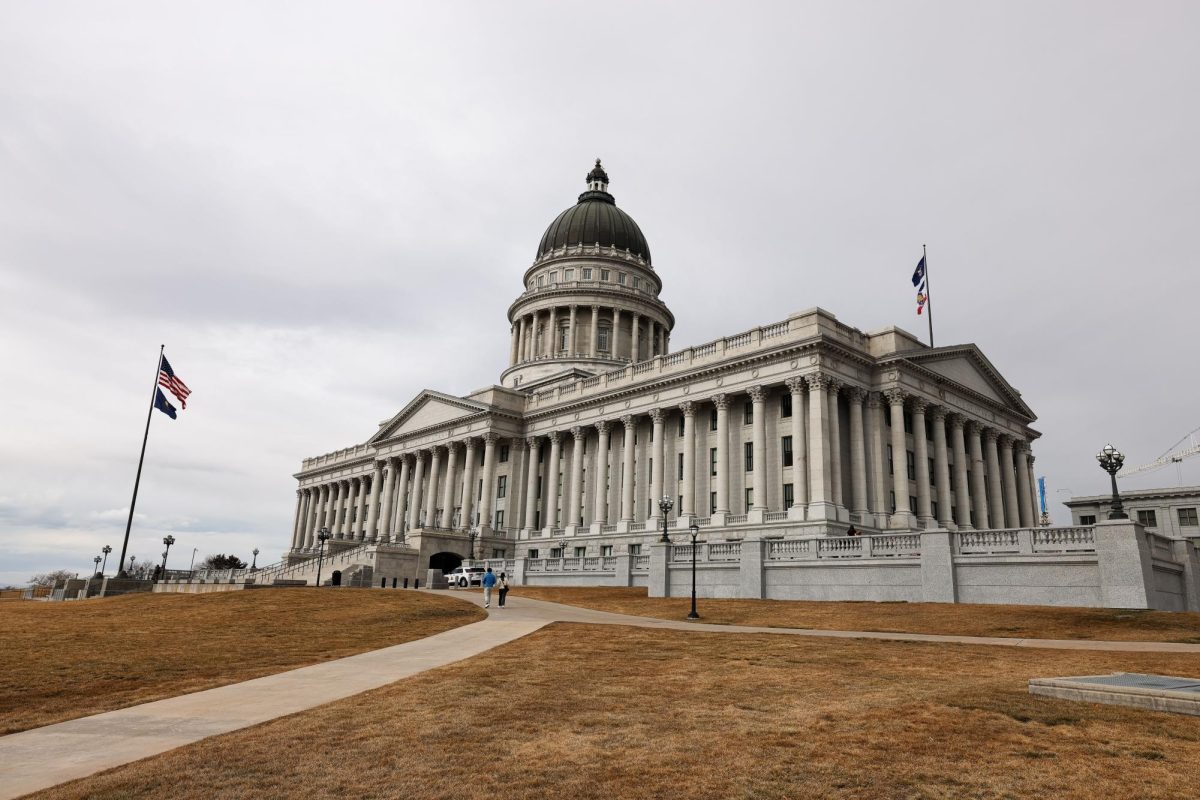Barney: Design a Stupid Political System and Expect Stupid Results
January 23, 2023
The national embarrassment that was the Speaker of the House election displayed the inadequacies of the United States legislative branch. Now more than ever, we need changes in how we operate the legislative process to apply to the U.S. House of Representatives as well as establishments operating at a state level. While party discourse is important, our archaic rules incentivize undemocratic behavior and weak government at best, and at worst open the door to dictatorial actions.
A Quick Review
When picking the House speaker, the candidate must have a majority of the votes, specifically over 50%. During this recent election, the clear trend showed how the majority party — Republicans — fractured, with a small group called the Freedom Caucus breaking off in favor of electing a candidate that wasn’t the party-approved Kevin McCarthy. This caused gridlock, since neither earned more than 50% of the votes.
Keep in mind, the minority party — Democrats — were able to stay unified and consistently pushed forward Hakeem Jeffries, who had the most votes in the first 11 rounds. That small group of people, the Freedom Caucus, ground Congress to a halt, resulting in 15 elections. On top of the failure to elect a leader, Matt Gaetz, who is a key member of the Freedom Caucus, nominated Donald Trump, who isn’t even a member of the House.
The Freedom Caucus eventually yielded to McCarthy, but only after they got everything they wanted. Speaker McCarthy had to give up considerable power to members of the Freedom Caucus, such as granting the ability to oust him from the position if just one member of the party called for it, meaning the events we witnessed could potentially repeat themselves.
Problematic Politics
Congress is already extremely bureaucratic and slow; we have repetitive elections that only serve the purpose of continuing to slow down progress at the expense of American tax dollars.
Had the rule been that whoever gets the most votes wins, Jeffries would have become Speaker and the gridlock could have been avoided. Even if Democrats split, this would have been preferable to what happened. The alternative to Jeffries for progressives was McCarthy, and the diversity of political ideology for the entire party was squished into a single moderate Democrat. This doesn’t align with the representative part of the “House of Representatives.”
Furthermore, the Speaker of the House has a lot of power. They’re essentially the leader of the House of Representatives, and they decide committee assignments and the legislative agenda. Allowing someone who isn’t an elected official to become House Speaker, a possibility which Gaetz introduced, is extremely undemocratic no matter who they may be. Our two main problems are the accessibility of who is eligible to be House Speaker and that the election process is too restrictive.
Not Unique
This type of discourse isn’t specific to any particular government body. The Utah Democratic party is currently in a vulnerable state because of Gene Davis’ sexual harassment. This came during a potentially contentious time, as Karen Mayne recently resigned as Utah Senate Minority Leader. Despite the conflict, the Utah Democratic Party was able to quickly and decisively elect Karen Kwan, which goes to show party politics can be handled without negatively affecting the American public.
Gridlock due to stupidity, such as the inability to agree on who sets the agenda, needs to be avoided at all costs. History has shown time and time again that a divided political binary is dangerous. Political polarization between the left and the right in the 1970s forced Chile’s parliament into frequent standstills, causing political and economic destabilization. This directly caused the country’s democracy to fall.
Other examples exist all throughout world history, and the U.S. isn’t immune. We’ve already experienced party-driven turmoil that had a civil war as a direct consequence. There is a clear and repeatable pattern. This leads to governmental failure.
Continuing to pretend that the system is fine is intentional negligence. Rather than acknowledge reality, we continue to fail ourselves and regress. Changing the electoral rules is a necessity if we want to progress. We need to shift our paradigm, nationally and locally, away from the two-party system and towards something reasonable. We allow multiple parties to participate in the process, but historically there have been two dominant parties in control of government at any given time. We’ve restricted ourselves to a binary and it has brought us nothing but embarrassment and failure. It’s time to change.
While political discourse is key to a functioning democracy, it shouldn’t happen at our detriment. The world is constantly changing, and a lot of problems require solutions that are unconventional. We need to allow change and varied politics, otherwise we risk standing still and dying.









Patrick Shubin • Mar 5, 2024 at 10:53 pm
Go back to having a primary, the caucus is bulls__t ! It’s very hard for elderly people to get out . Votes for the dems came in at 55,000 while republican votes were around 200. This seems like a way the Republican delegates can put in who they think should be the candidate. Do a Primary like the Democrats do. They know how to do elections.